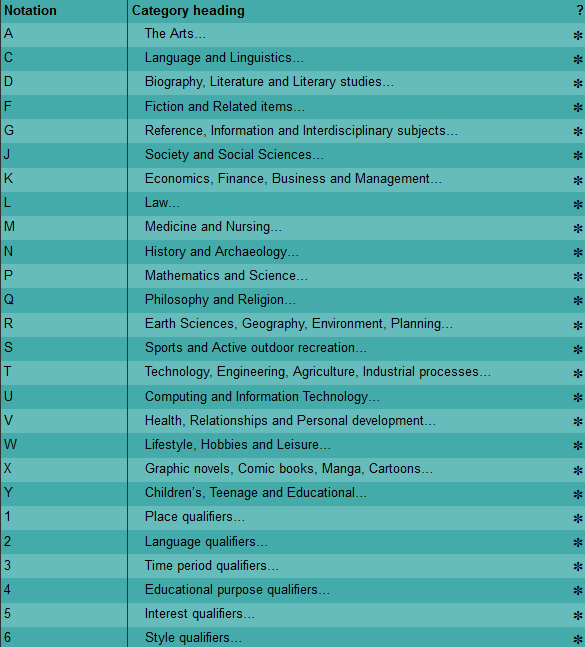What is THEMA? (And Why Does It Matter?)
THEMA is a system used for categorizing books by their subject matter. Like Book Industry Standards and Communications (BISAC) or Book Industry Communication (BIC), THEMA codes classify book subjects, making the process of classifying titles simpler. Unlike BISAC or BIC, these codes are not solely used in a specific region like Europe or North America. Due to THEMA being a multilingual system, it can be utilized on an international level.










